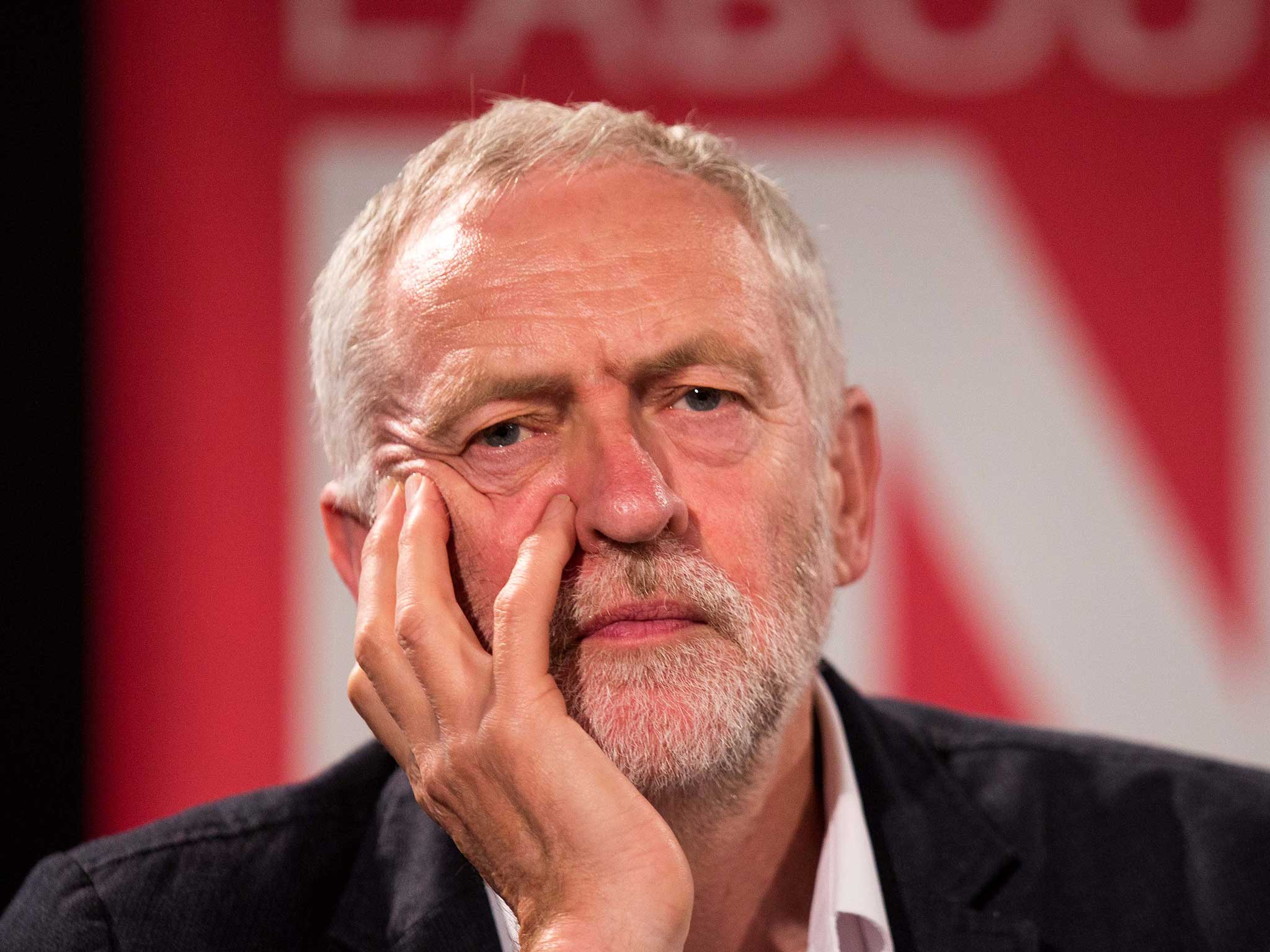Labour MPs, stop whining like bad losers – these boundary changes could actually be good for you
Start reaching out to the Tory, Ukip, Scottish Nationalist and Lib Dem voters you are about to inherit in formerly solid seats. These changes will force the party back to the centre ground and a competitive position


Like an old car reaching the end of its useful life, you can tell a political party’s in trouble by the noises it makes. Personal insults being lobbed about, obviously; bricks through windows; and, no less telling, a constant whining about a review of parliamentary boundaries. And yes, the Labour Party is being especially noisy, as we all can hear.
Only this morning I experienced a constant whingeing noise coming out of my car radio as Labour’s Jon Ashworth, shadow minister without portfolio, went on and on about how unfair the review was. He had some fair points, such as the timing when the electorates were ‟set”, and he avoided accusing hard-working impartial civil servants of gerrymandering, but the note of panic was unmistakeable. As well it might be. Jeremy Corbyn, by the way, made an unconvincing case for preservation of his Islington seat by virtue of the “multiple needs” of his comparatively small number of constituents. Another bum note from the Labour leader, who would no doubt find little problem finding somewhere else to park. Like Pontypridd maybe.
Think back. When Tony Blair won his twin landslides in 1997 and 2001, did anyone give much consideration to what advantages the boundary review gave to the various parties? Did they avail John Major going down to the worst defeat since 1832? When Margaret Thatcher crushed Labour in the 1983 watershed, the electoral system actually helped Labour hang on to more than 200 seats and see off the SDP-Liberal alliance. She would have won anyway, though. That’s because parties win general elections because of the state of the economy, the charismatic qualities of the leadership, their policies, marketing, the sense of “time for a change”, maybe some sleaze and corruption in their opponents, underlying changes in social attitudes, and the interplay between those sorts of factors. Not boundaries. A confident united party with sound policies and a competent leader will transcend any necessary movement in constituency distributions.
What’s more, Labour will probably still possess some electoral “advantage” even after this review, which will only somewhat rebalance things. It has enjoyed this bonus ever since the 1960s, when the phenomenon of small depopulating inner city seats emerged, and zealously protected it. It has a long inglorious record in doing so. Way back in 1968, the Labour home secretary simply refused to introduce a bill to bring into law a normal redistribution that would have hurt Labour. It was blocked, defiantly, and Labour still went on to lose in 1970.

When the Liberal Democrats vetoed the 2011 review, they did so for more ostensibly respectable reasons: the Tories reneging on reform of the House of Lords. But they also knew the review would boost their Conservative coalition partners, and, with the failure of the AV electoral reform referendum, they could also see looming failure at the polls. Just as well they did stop that review, in fact, because they might now be smaller than the DUP in the Commons. The Tories, by contrast, enjoyed the advantage in the mid-20th century, which is how they kicked Clement Attlee out in 1951, but on fewer votes than Labour polled.
Such “advantages” in how efficiently a party’s vote is geographically spread come and go, albeit very slowly, and there will always be some in a constituency based first-past-the-post system. PR is the remedy to that, but it usually doesn’t suit whoever is in Downing Street – the classic catch-22 of electoral reform.
So it was always thus. If Labour really cared about every vote counting equally, they’d embrace proportional representation. Yet it usually takes a few more general election humiliations for that to become voluble trendy talk in Labour circles, the point when they decide they can’t win on their own – as in the early 1990s just before Blair swept all before him and New Labour had no further use for PR or the Liberal Democrats. On a purely partisan view, they were right, too, for about 15 years.
The lesson of all this, then, is perfectly clear for Labour. Stop sounding like bad losers and start to reach out to the Tory, Ukip, Scottish Nationalist and Lib Dem voters you are about to inherit in what were once solid seats. Hopefully, we will see many more marginals created by these changes which will enfranchise voters in rotten boroughs and, in due course, force Labour back to the centre ground and a competitive position. We will have fewer places where you can pin a Labour rosette on a labradoodle, lead it up the High Street, and have it in the Commons after enjoying a 22,000 vote majority a few weeks later. (And probably in the shadow cabinet too). Even if it bites.
The boundary commissioners, though not their purpose, should be thanked for injecting some vitality to a moribund political system where a few hundred thousand voters in random marginals decide the government of millions in Britain. Sorry to say, I can’t hear much sound of that.
Join our commenting forum
Join thought-provoking conversations, follow other Independent readers and see their replies
Comments
Bookmark popover
Removed from bookmarks